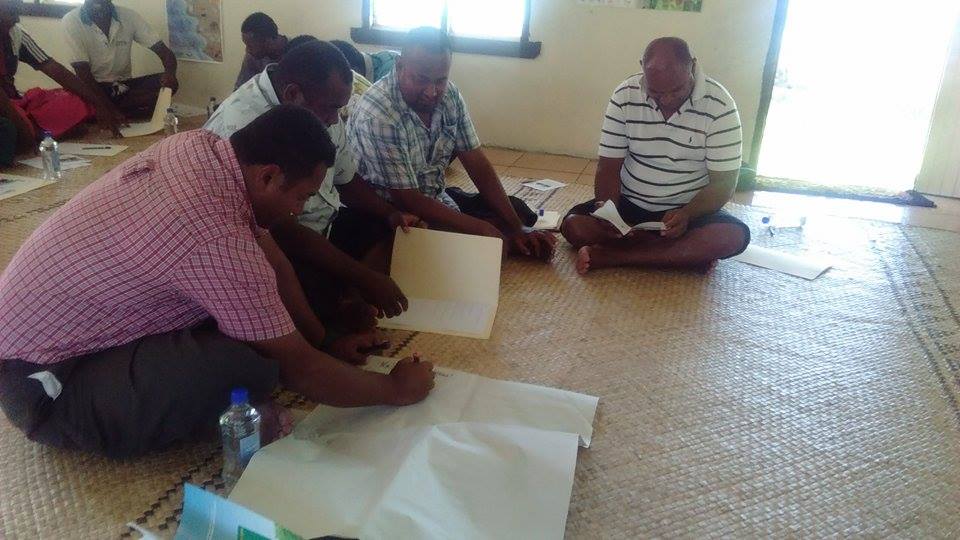The Mamanuca Group of islands is filled with forests that play a vital role to the local communities and the surrounding life that calls this place home. Forests in the Mamanucas are very important because apart from supporting livelihood in the communities, they play the major role of preventing erosion of soil to the very vulnerable coral reefs that surround each island.
There are two types of forest ecosystems in Fiji.
Wet Forests—consisting of forests that thrive in cooler regions such as the eastern and central parts of Viti Levu.
Dry littoral forests—found mainly in the western and dry parts of the country.
Dry littoral forests are prevalent in the Mamanucas, and can be found mostly on all the islands in the region, such as Malolo, Malolo Lailai, Kadavu Lailai (Bounty Island), and Qalito, Monu, Modriki, Tavua, Yanuya and many others.
MES now joins the list of few non-governmental organisations with the added interest to conserve plants which are used directly by local communities for food, foraging, fiber, timber, medicine, totems, ceremonial purposes and income. Plants in the region are essential in sustaining life to dependent animals such as the native land birds, the Collared Kingfisher (Todiramphus chloris), white throated pigeon (Columba vitiensis) and the endangered crested iguana (Brachylophus vitiensis).
These species are faced with the possibility of being wiped out from the region because of the introduction of goats to the island. Another threat is that of fires. MES is working closely with its members, local communities and partner organisations in creating management and action plan that addresses these issues.
MES, in collaboration with government stakeholders, recently conducted a 2 days’ workshop in Malolo, to raise awareness on land use management and sustainable forest and train participants to better manage it. The workshop was held at Yaro village from the 26th of October to the 27th which was attended by 13 participants.
The theme of the workshop was “Sustainable Forest and Land Use Management” and the workshop was jointly facilitated by Department of Forestry and Department of Agriculture. The workshop was initiated by MES member resorts to curb the rising issue of burning farming areas by local communities on Malolo Levu Island, which get out of control and results in Forest fire.
The workshop focused on raising awareness regarding the risks of improper practices on land and creating management plans and tools geared towards sustainable practices.
The workshop also highlights the issue of waste management that contributes to pollution of air and water and worsens existing challenges stemming from climate change, such as the challenge of providing sufficient portable water.
In addition to the training, the workshop allowed the participants to discuss what the villagers saw as major problems relating to discussed theme. An action plan was formulated by the participants at the end of the 2 days training, which address major problems in Malolo region together with its mitigating factors.
“This is a once in while opportunity for me, a lot has been learnt from the invited stakeholders especially on the sustainable land use management practices that can be used as a source of income and also address food security in my village”, said Bill Naitau. The workshop ended on a positive note and participants were awarded with certificates.


